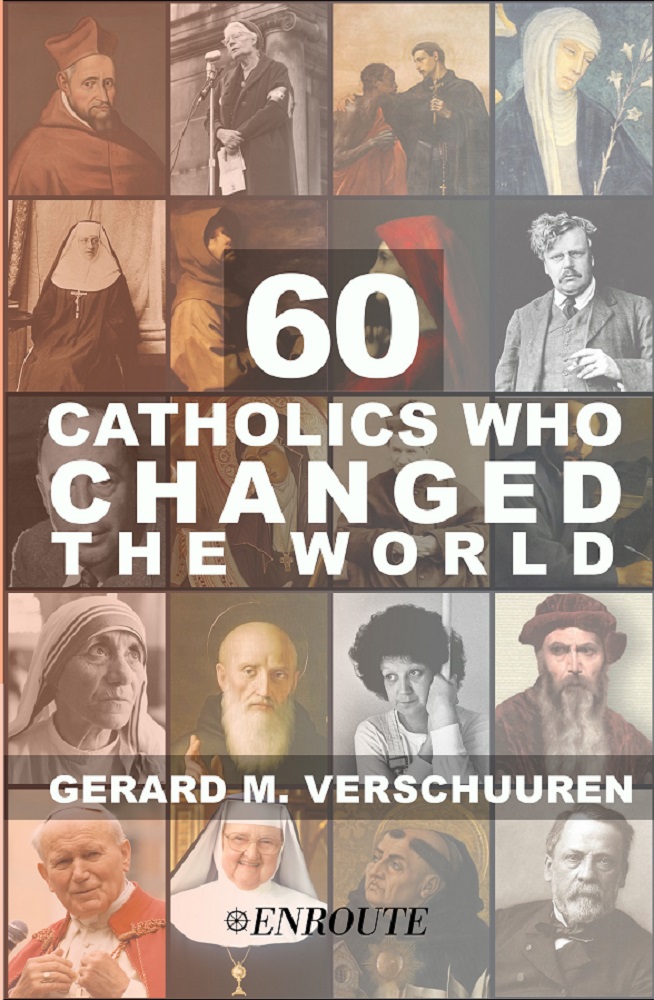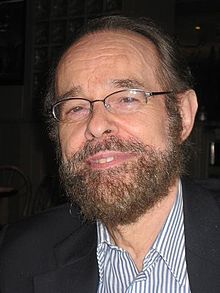When the sacred liturgy is treated as a plaything, people will suffer.

The story of a priest in the Diocese of Phoenix conducting invalid baptisms has been widely reported and commented on. But it would be good to reflect on this sad debacle by asking and answering a few questions.
As a disclaimer, this article is not a personal attack on the priest involved. He seems contrite and did not seem to have a dissenting attitude. More likely he was poorly trained or came under the influence of some bad liturgical fashions. This article seeks to look to some of the deeper roots of the problem that have affected the Church. Now to some of our questions.
Where did the priest in Phoenix get the idea to say “we” instead of “I?” Most often, these ideas emerge in the often-strange world of liturgical publications and conferences where priests, liturgists and other authors dream up strange ideas — like putting sand in the holy water fonts, or washing hands instead of feet on Holy Thursday, or replacing the priestly incensation of the altar with dancers holding smoke pots. It is often a world where imaginations run wild and proper theology gives way to excessive creativity. Articles are published and liturgical modifications that are dubious at best and erroneous at worst, and they insinuate themselves into parishes. Large Catholic gatherings like the Los Angeles Religious Education Conference often put these innovations on wide public display and they spread even further.
In this case, certain liturgists have wanted to emphasize that the entire community baptizes the child, not just the priest. Their goal is to level the Church and remove hierarchal distinctions between clergy and laity.
Some others have sought to emphasize and exaggerate the notion that every act of the Body of Christ, the Church, is an act of the whole body. This is only partially true. If I take a walk, my whole body is involved in some way. But not every part of the body does the same thing or has the same role. The heart pumps the blood, but we do not say the whole body pumps the blood. Further, the body is under the direction of the mind. So, using the body as an analogy, only in an equivocal and extended sense can we say that every act of the Church is an act of the whole Church.
What are the central problems in saying, “We baptize?” The whole community does not baptize the child any more than the whole community consecrates the Eucharist. There are ministerial roles that must be respected. The “I” who baptizes is really Christ. The “I” who absolves of sin is actually Christ. The “I” who says “This is my body” is really Christ. Christ is the true high priest and celebrant of every sacrament. A priest does not baptize in the name of the community but in the name and power of Jesus Christ who acts and speaks through him. “We baptize” hides, rather than reveals, that Jesus is the true High Priest and celebrant of every sacrament.
The error also invalidates the sacrament of baptism because it is not the proper form. Sacraments consist of, and rely on, proper matter and form. In baptism the matter is the pouring of or immersion into water, not some other liquid such as beer or wine. The form of the sacrament gives meaning to the action. In this case the proper and only valid form of baptism is, “I baptize you in the name of the Father, and of the Son and of the Holy Spirit.” Hence, “We baptize you” is theologically erroneous and also invalid since the proper words (the form) was not used.
Will these invalid baptisms exclude people from the Kingdom of God? We are bound by the sacraments, but God is not. God is just, and it seems quite unlikely that he would exclude people who thought they were validly baptized but were not. But this does not excuse us from doing what is right. We are bound by the sacraments and when doubts arise about the validity of baptisms or other sacraments, we have the duty to investigate and resolve these issues.
How widespread are problems like these? Sadly, there are others who have altered and invalidated many baptisms with other erroneous variations. As early as the 1970s feminists pushed the use of an “inclusive” form of baptism: “I baptize you in the name of the Creator, the Redeemer and the Sanctifier.” This became increasingly common in the more liberal mainline Protestant denominations. It also infected certain Catholic settings and parishes.
More recently, a number of Evangelical and non-denominational congregations have started using the formula, “I baptize you in the name of Jesus.” They incorrectly interpret Acts 8:16, construing it as a formula for baptism rather than an affirmation that someone was baptized with the baptism of Jesus, rather than John’s baptism or a Jewish purification ritual.
Baptisms using these variations of words are not valid. In the Catholic Church we used to presume that people baptized in Protestant denominations were validly baptized. Now we must ask for detailed descriptions of what took place. This is also becoming sadly true of increasing numbers of Catholic baptisms. This is disgraceful, and discipline must be restored among the clergy. The faithful too can assist by reporting violations of sacramental matter or form at once. Given the disobedient and antinomian age we are in, I am sadly sure that what we have seen in the news is just the tip of the iceberg.
What is the wider mentality that gives rise to these sorts of problems? The sacred liturgy is not a plaything. It is not a script for us to adapt or a stage on which we engage in self-actualization. The rubrics and sacred texts are not a mere template for our creative additions. Too often today, there is a mentality that is exactly the opposite of these truths. Instead of being formed by the liturgy we seek to form and mold it to our modern preferences and thinking. Mystery and ancient truths are off-putting to certain modern people. Many want all things to be approachable, understandable and “welcoming.” Too many do not want to be obedient to norms — they just want creativity.
These sorts of attitudes give rise to innumerable errors and disobedience in the liturgy. While the priest in Phoenix may not have been intentionally defiant, he and others have been misled by those who are often cavalier and defiant. Too many think they can improve on the liturgy and sacred texts. But the sacred texts are carefully crafted to reflect the teachings of the Church and to reflect the truth. Many of these texts are the product of centuries of reflection. The Roman Collects are a special treasure, tersely and carefully constructed to reflect sacred realities. We should study them, not toy with them.
What should be done? Given that sacraments work ex opere operato (i.e., they have an objective reality “from the work that is worked”) the Church cannot just fix this with a wave of the hand. If a person has not been validly baptized (since the work was not properly worked) They must be found and baptized. Also, whatever other messes this has caused, (e.g., invalid confirmations, ordinations, etc.) those sacraments must be revisited as well.
Further,our bishops ought to summon priests and deacons for ongoing sacramental formation. The bishops have an obligation to restore the proper discipline of the sacraments and the sacred liturgy. God’s good people deserve this. Defiance and dissent from proper liturgical laws and practiced must be ended. Bishops must punish and, if necessary, remove clerics who persist in such “innovations.” It is unconscionable that any bishop, priest or deacon would knowingly alter the sacraments. Once again, we have sorely tested the trust of God’s people. It is hard to imagine how this trust can ever be restored. Surely it must begin with well-formed priests in parishes who love their people, are obedient to God and the teachings of the Church and who celebrate the sacraments with devotion and the precision that God’s people deserve.

Msgr. Charles Pope Msgr. Charles Pope is currently a dean and pastor in the Archdiocese of Washington, DC, where he has served on the Priest Council, the College of Consultors, and the Priest Personnel Board. Along with publishing a daily blog at the Archdiocese of Washington website, he has written in pastoral journals, conducted numerous retreats for priests and lay faithful, and has also conducted weekly Bible studies in the U.S. Congress and the White House. He was named a Monsignor in 2005.






